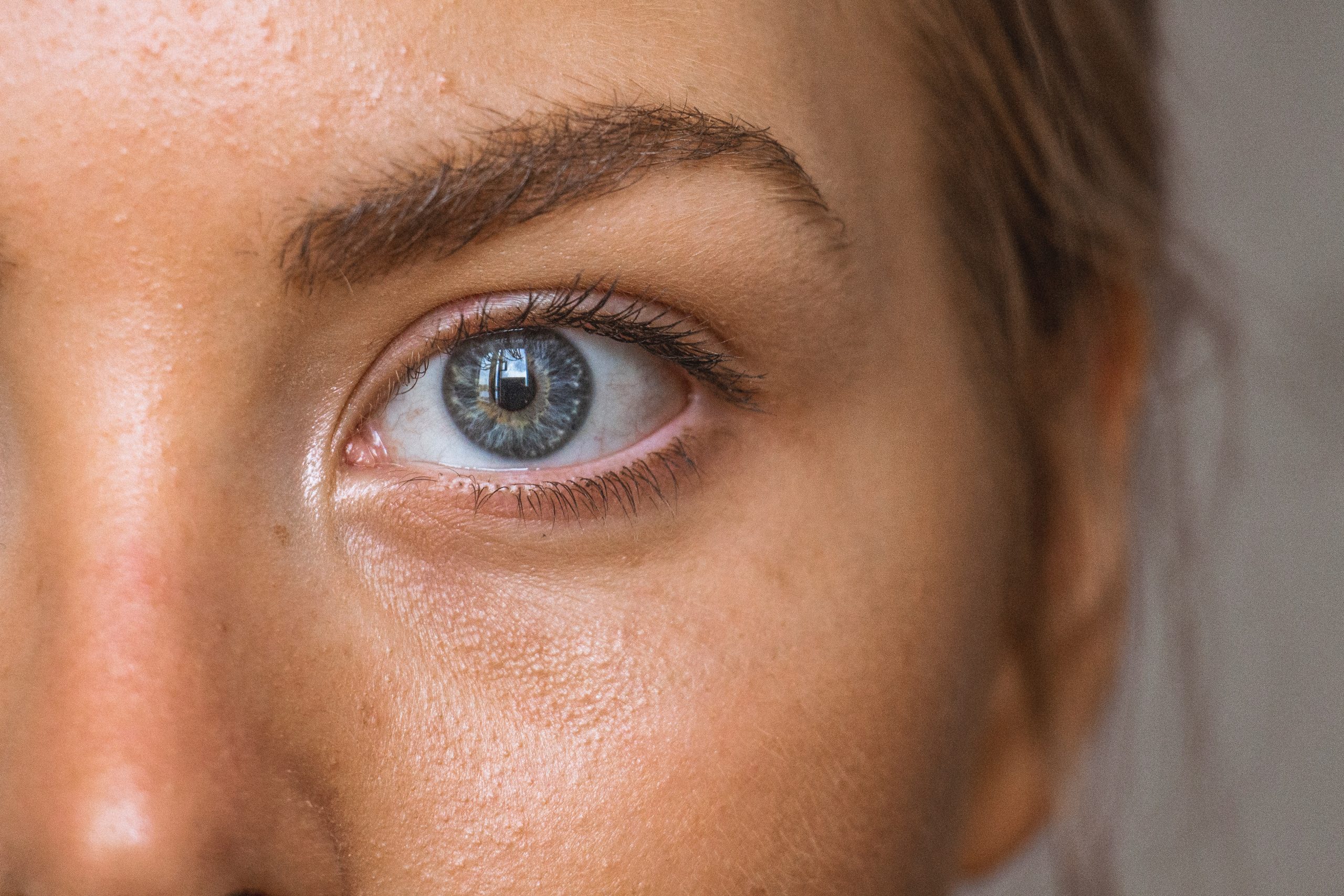Vitamin C – The Hard-Working, Go-Getter For Our Body
Vitamin C is a familiar vitamin in the world of supplements, ingestible beauty and skincare. As children, it’s often the first supplement we are introduced to. Fondly remembered as an orange chewable dished out by Mum each morning in her attempts to boost our immune system and ward away winter colds.
This blog explores why Vitamin C is an essential vitamin for everyday health. We cover what Vitamin C actually does for your body and why it is essential for your inner body and outer skin health.
What is Vitamin C?
Vitamin C (AKA ascorbic acid) is a water-soluble antioxidant naturally found in food. Our bodies cannot synthesize Vitamin C therefore, we rely on it through our diet. Without it, we can quickly develop health issues such as scurvy – which affects the skin, wound healing, and hair structure.
Vitamin C has several roles in the body:
- Roles in the production of lysine and proline – amino acids used in the production of collagen
- Deactivates free radicals, preventing cellular damage
- Regenerates antioxidants like Vitamin E
- Facilitates the absorption of iron
- Increases the bioavailability of selenium
Safe to say, Vitamin C is a multitasking superstar!
Vitamin C is an essential vitamin
 What are the skin benefits of Vitamin C?
What are the skin benefits of Vitamin C?
Vitamin C Supports Collagen Synthesis
Thereby promoting healthy skin, hair, bones, muscles, tendons, and ligaments.
How? Its role in the production of amino acids lysine and proline promotes proper folding and stabilisation of collagen within our body.
You may recall the stories about sailors in the 18th Century. They would often die at sea with bleeding gums and wounds that wouldn’t heal – typical of the condition, scurvy. It would take only a month of little to no Vitamin C for these effects to begin. The saviour? Packing lemons and other citrus fruit with them on their voyage. Scurvy is characterised by skin fragility, bleeding gums, impaired wound healing, and corkscrew hair.
Vitamin C Protects Against Free Radical Damage
Healthy skin is protected skin. As an antioxidant, Vitamin C has the job of protecting our body from free-radical damage (caused by environmental factors like sun exposure, pollutants, pesticides, and our diet). It’s also a team player as it regenerates existing antioxidants in the body like Vitamin E!
Pro Tip: It is worth noting skin UV damage is the top cause for skin ageing. This is where wearing sunscreen every day, every season (especially here in New Zealand, where our sun is particularly harsh) is key to keeping your skin healthy and youthful.
Vitamin C Inhibits The Production of Melanin
Melanin is responsible for the pigmentation of our skin. Vitamin C inhibits tyrosinase activity which in turn reduces melanin formation. As a result, this helps the skin maintain an even skin tone and reduces the pigmentation that follows trauma such as scratches, pimples, and burns.
Maintaining Optimal Vitamin C Levels
Our skin contains naturally high levels of Vitamin C; it accumulates here more than anywhere else in the body. For a good reason, too – high levels of Vitamin C ensures the body has plentiful stores for collagen production and neutralising free radicals before they can cause harm. However, excessive exposure to UV rays or an inadequate diet can deplete these stores.
Restoring skin Vitamin C stores can be done in two ways:
- Topical application
- Ingesting Vitamin C through diet or supplementation
While topical Vitamin C serums can be great, it highly depends on the formulation of the product and, as a result, may have limited skin penetration. As Vitamin C is a charged, water-soluble compound, it’s naturally repelled by the skin. Therefore, topical formulas require a delivery system (e.g., encapsulation by a liposhepheric form) to help penetrate skin layers. On top of this, Vitamin C readily degrades when exposed to air and light, so topical applications have to consider this with stabilisers. A golden standard of Vitamin C serums to look out for are ones that combine ferulic acid into their formulation. Ferulic acid is an antioxidant that effectively stabilises Vitamin C in the formulation.
In contrast to topical applications, oral Vitamin C is passed through the bloodstream to the surrounding skin by blood vessels. If the goal is to restore below-par physical stores, ingesting rather than applying Vitamin C will likely produce a better result.
Pro Tip: It has been suggested smokers may require an additional 35 mg of Vitamin C per day, as smoking has been shown to have a decreased store of vitamin C compared to that of non-smokers.
What is the Optimal Dosage of Vitamin C?
New Zealand’s Recommended Dietary Intake (RDI) for Vitamin C in healthy adults is 45 mg. Pregnant and breastfeeding women use up their stores more; therefore, they have a higher recommendation of 55-85mg per day. Because Vitamin C is a water- soluble vitamin, it can’t accumulate in the body – this means chances of toxicity and overdosing are low.
This is just a taste of what our 28 page Skin Supplementing Guide has to offer
Download Ingestible Beauty
– Your Complete Skin Supplementing Guide
We have some exciting news in the works (so keep your eyes peeled and sign up to our updates to be the first to know!) but for now, our Protein Blends contain Vitamin C to help replete your stores, daily. Pro You Protein Blends contains over double of your RDI (Recommended Dietary Intake) for Vitamin C – a whopping 100mg to keep your skin and body healthy, youthful and happy.
References:
Pullar, J. M., Carr, A. C., & Vissers, M. (2017). The Roles of Vitamin C in Skin Health. Nutrients, 9(8), 866. https://doi.org/10.3390/nu9080866
Institute of Medicine. 2000. Dietary Reference Intakes for Vitamin C, Vitamin E, Selenium, and Carotenoids. Washington, DC: The National Academies Press. https://doi.org/10.17226/9810.
Carr, A. C., & Maggini, S. (2017). Vitamin C and Immune Function. Nutrients, 9(11), 1211. https://doi.org/10.3390/nu9111211
Sanadi, R. M., & Deshmukh, R. S. (2020). The effect of Vitamin C on melanin pigmentation – A systematic review. Journal of oral and maxillofacial pathology : JOMFP, 24(2), 374–382. https://doi.org/10.4103/jomfp.JOMFP_207_20








